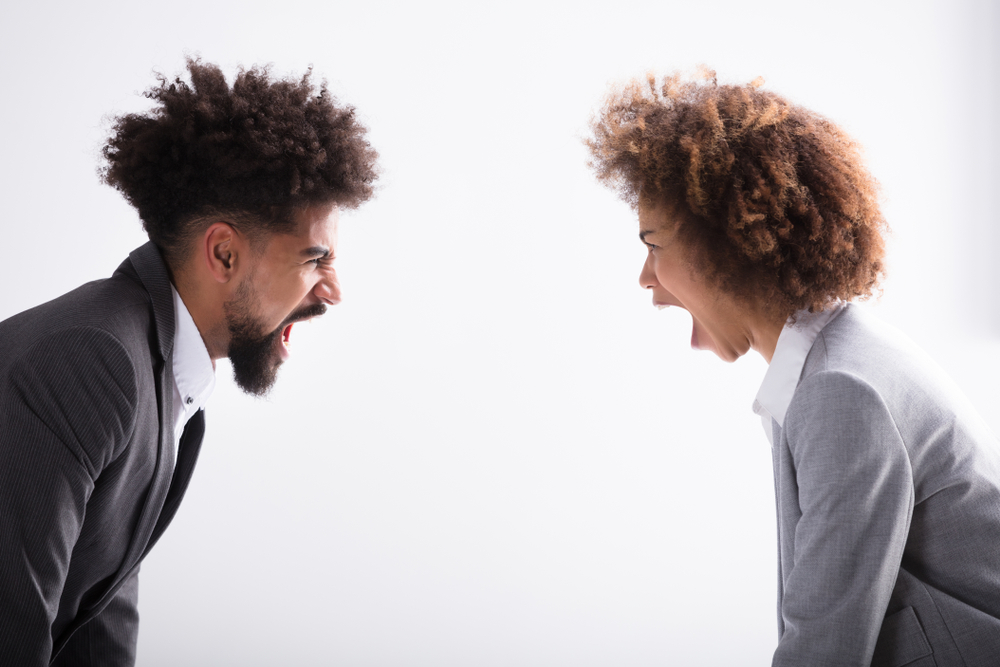The death of Sylvester Oromoni Jnr. at Dowen University is one of the worst news we all had to deal with this past week. The 12-year-old, according to his family’s testimonies, was bullied and beaten until he died. How tragic! The situation with Sylvester opened up talks about bullying in Nigerian secondary schools. The entire thing was surprising to me, all through my primary and secondary school, I wasn’t bullied, and I didn’t know anyone who was bullied. The bullying experiences people shared on Twitter made me realize just how privileged I was to attend good schools and be surrounded by adults that protected me. But still! Why is bullying such a constant thing in secondary schools? The average age range of secondary school students is between 10-17, all minors! Why are children violently bullying each other? Where did they learn such heartlessness and wickedness?
Incidences like the sad case of Sylvester are a mirror to our society. The statement – do you know who I am? – is a very Nigerian statement. Whenever one is in a position of power, the tendency is to flaunt it, to use it to bully and oppress others. The most obvious examples are our police and military force. Everyone is afraid of crossing them! In companies and other workplaces, a manager, head of a team, or just anyone with power over people, we have seen and heard how much they use their position to oppress younger staff members. It’s so much that when a manager shows average behaviour everyone hails them as “very good people.”
But aside from institutional bullying, what about us as individuals? How many times have you threatened someone with “Do you know who I am?” You want someone to do something when they refuse you threaten them. Or if you own a shop, how do you treat your sales boys and girls? Once I heard of someone who owns a big clothing business in Lagos. Each time her tailors make mistakes, it doesn’t matter how small, she’ll take it from the tiny salary she pays. When a few of them resigned, she ensured she used her connection to stop other fashion designers from employing them! How wicked? Or is it how many “madams” treat their house girls? Back to secondary school students, are you checking your siblings? Your cousins, nephews, and nieces? Do they tell you stories of how they beat someone that “was looking for trouble,” and you just hailed them? In such cases, it’s our duty as adults to ask the important questions so that our children or relatives will not one day be murderers o.
Bullying can come in several forms. We don’t need to wait until something tragic happens to check ourselves. In one way or another, we have some privilege and power over someone. Check yourself!
